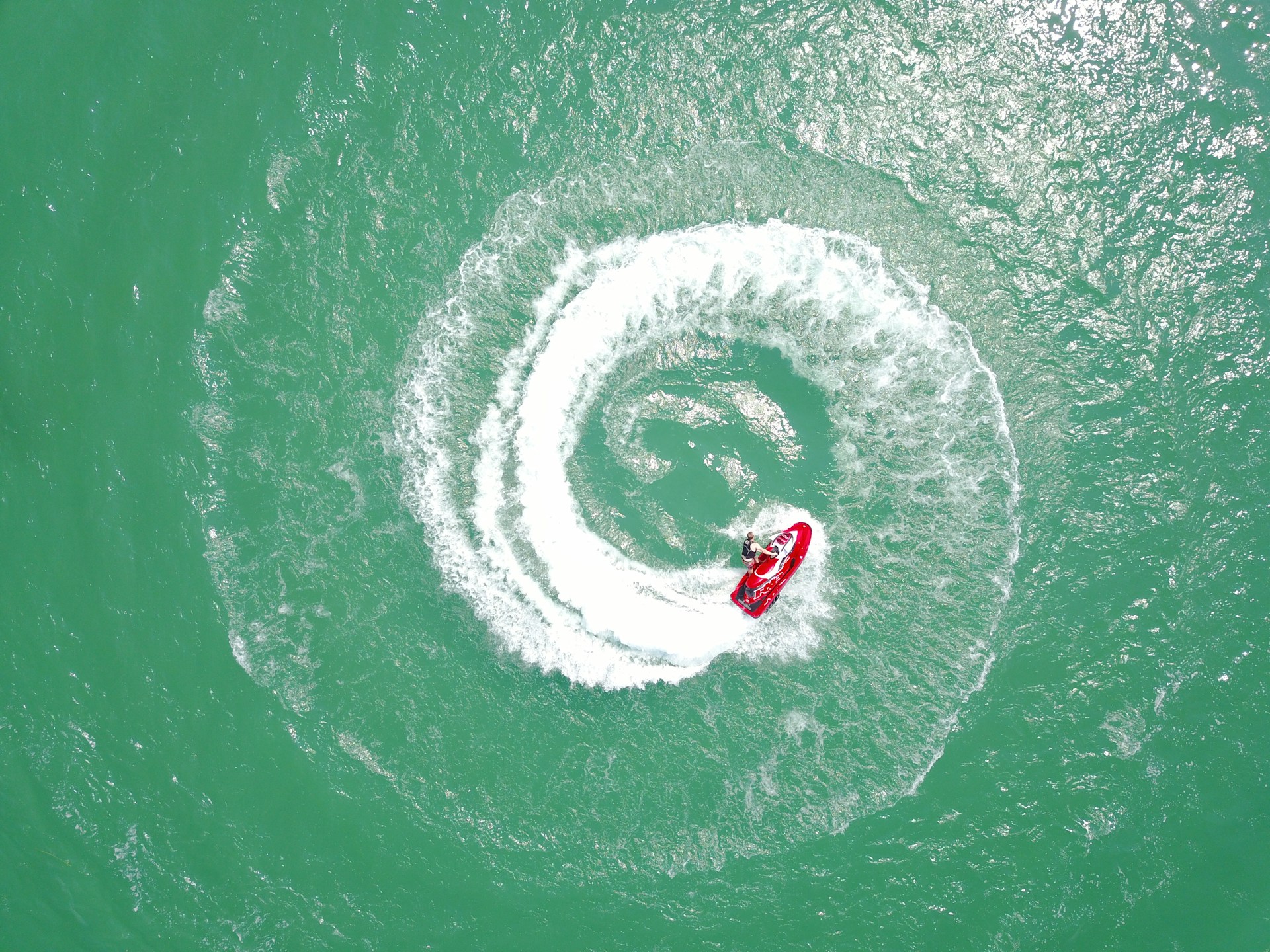by Nicole Yurcaba

Frank Viva’s Sea Change, published by Toon Books, is the kind of novel readers both young and not-so-young can appreciate. In it, readers meet Eliot, who, as soon as school lets out for summer, is sent by his parents to the remote, small town of Point Aconi in Novia Scotia. At first, Eliot is depressed and dismayed at the thought of spending an entire summer away from his hometown of Lakefield, where his friends Mike and Teddy will spend the summer months reading comic books and spying on another neighborhood’s rich kids. However, after a few days in Point Aconi, Eliot learns that despite its smallness, Point Aconi consists of more than just maggot-ridden fish bait, scary bullies, and grumpy old fishermen like his Uncle Earl.
While the book is a heartfelt look at one young boy’s summer adventures, readers shouldn’t be fooled that Sea Change is simply another middle-grade or YA novel with elaborate graphics. Yes, Eliot learns Point Aconi’s rural ways by joining his Uncle Earl on Earl’s fishing boat, where he learns to rubber-band lobsters’ claws and bait hooks for catching cod. Yes, he learns to swim in Point Aconi’s frigid Atlantic waters with his new group of friends. And, yes, he befriends Timmy, the boy with a stutter who’s told by others that he is “dumb and slow.” Nonetheless, Eliot also encounters a place deeply ravaged by the mining industry’s harmful practices and a local man’s violent, alcohol-driven behavior which harms Mary Beth, the thirteen-year-old girl who’s quietly stolen Eliot’s heart. Thus, because of its adult themes—and Eliot’s unexpected heroism as he faces them—Viva’s gorgeous novel transforms into an unforgettable experience as readers travel with Eliot on his literal and figurative adventures.
Making the experience even more real are Viva’s ingenious, innovative weaving of visuals and words. For Viva and his readers, text on a page is not merely text on a page. Words bend and wind across the page, mimicking Eliot’s travels, emotional shifts, and coming-of-age dramas. Strange, wonderful, and heartbreaking moments become even more emotionally engaging thanks to the graphics. Frequently, the text blends with the illustrations, so that a long-ago relative’s diary entry is a real diary entry, portrayed in neat cursive on a diary’s pages and the cautious words of the ever-watching, all-knowing Miss Gifford form her hair’s curls. Consequentially, the book becomes a piece of intricate art as gripping as the cold Atlantic into which Eliot frequently dives.
What readers will gravitate towards, too, is the novel’s unabashed address of not-so-childlike issues like abuse and alcoholism, as well as the coal industry’s destructive, manipulative practices. The two are embodied in Mister McGillivery, Mary Beth’s father, who works on Uncle Earl’s fishing boat. Mean, crude, and cruel, Mister McGillivery represents the worst, but his inclusion in Eliot’s story is a sad acknowledgement of high incidences of abuse and alcoholism in rural Canadian and American places. Paralleling McGillivery’s character is Bushwacker Coal, a mining company hellbent on uprooting Point Aconi’s residents by buying their properties and turning it into toxic wastelands. Eliot’s encounters with both McGillivery and Bushwacker Coal disrupt his unexpected summer of fun, and his exposure to such physical, emotional, and environmental brutalities reveal how sheltered his life is in Lakefield. The juxtaposition is, quite frankly, startling, but in the novel’s context, that juxtaposition is emotionally necessary in order to fully develop Eliot as a character and show his maturity and development by the novel’s end.
Sea Change is as heartbreaking yet fun as it is innovative, unique, and necessary. With it, Viva not only sets a high standard for middle-grade and YA novels to come, but also for any novel yet to be published. It’s a novel for times that require cutting-edge and original ways to engage readers with books.
Nicole Yurcaba (Ukrainian: Нікола Юрцаба–Nikola Yurtsaba) is a Ukrainian (Hutsul/Lemko) American poet and essayist. Her poems and essays have appeared in The Atlanta Review, The Lindenwood Review, Whiskey Island, Raven Chronicles, West Trade Review, Appalachian Heritage, North of Oxford, and many other online and print journals. Nicole teaches poetry workshops for Southern New Hampshire University and is a guest book reviewer for Sage Cigarettes, Tupelo Quarterly, Colorado Review, and The Southern Review of Books.



Add your first comment to this post